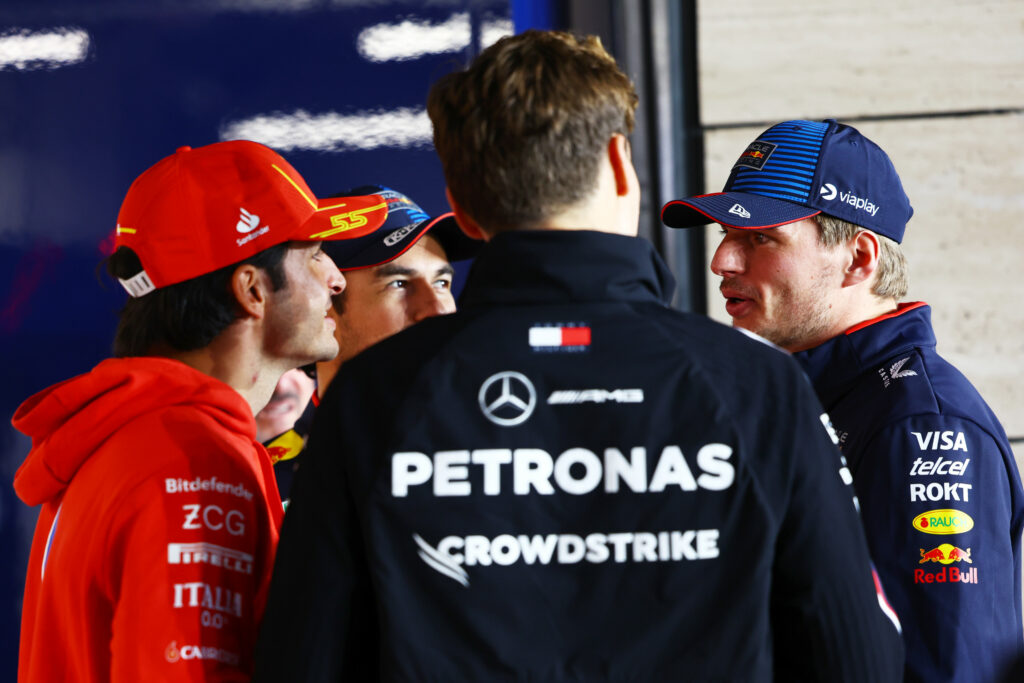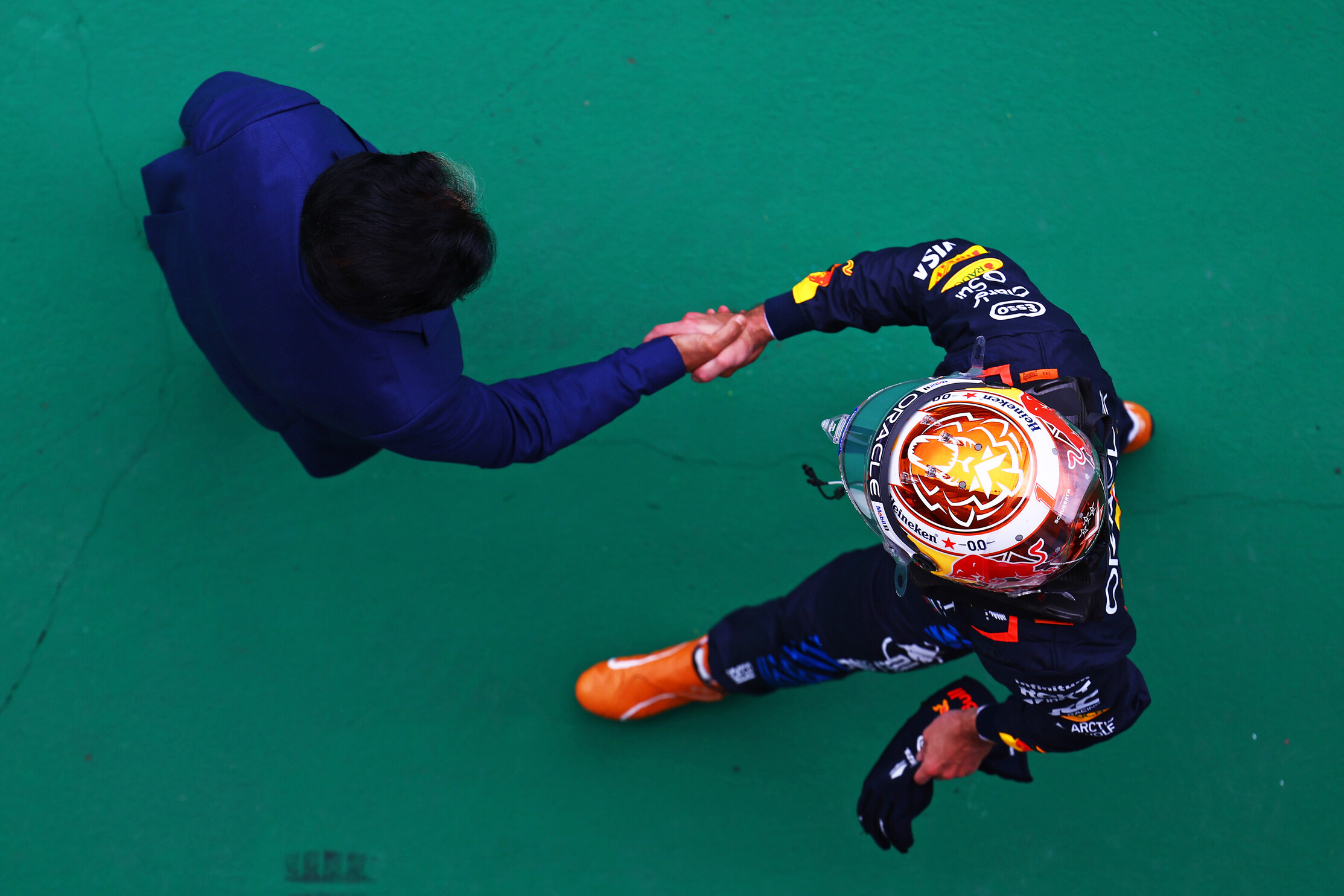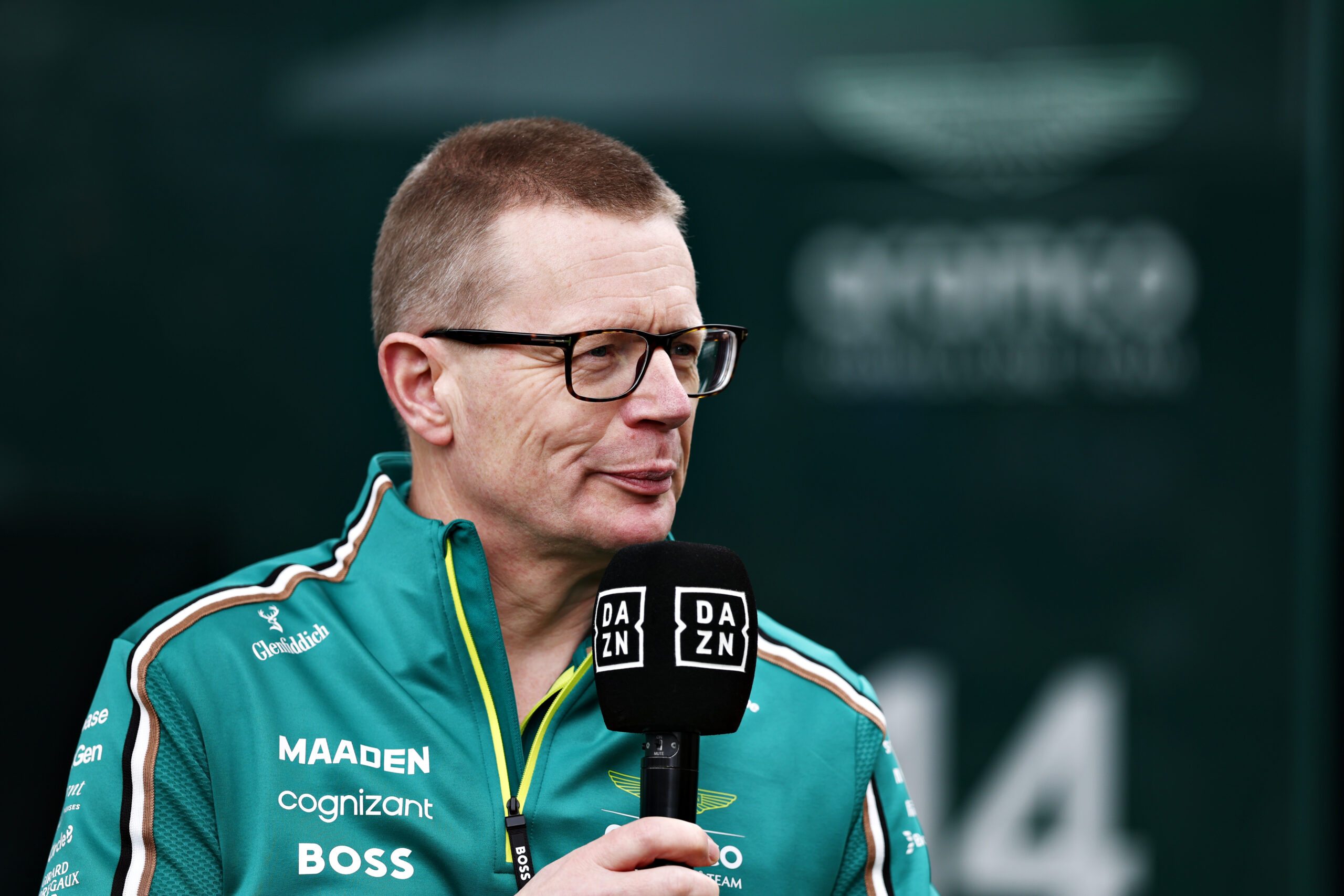The FIA has introduced revisions to the International Sporting Code, outlining new misconduct guidelines that could lead to severe penalties, including full suspensions and points deductions.
The draconian new guidelines have caused quite a stir within the Formula 1 community, raising questions about the governing body’s relationship with drivers and its leadership under FIA president Mohammed Ben Sulayem.
This development comes on the heels of a controversial crackdown on swearing, which the FIA began enforcing more heavily in the latter half of the 2024 Formula 1 season. Max Verstappen learned firsthand how serious Ben Sulayem was about policing language when he was penalised for swearing during a press conference in Singapore, sentenced to a period of FIA-mandated community service.
Drivers push back against FIA’s top-down approach
Verstappen felt he was being punished to “set a precedent.” He expressed his discontent by offering curt responses in subsequent official media sessions and even holding his own impromptu press conferences, making it clear that his issue wasn’t with the journalists but with the governing body.
Fellow drivers voiced their support for Verstappen, calling the sanction “a joke”.
The following month, Charles Leclerc committed the same offence—cursing in a press conference—though in his case, the punishment was contributing €10,000 (half of which was suspended) to the FIA swear jar.
In early November, the Grand Prix Drivers’ Association (GPDA) took to Instagram to issue a strongly worded statement in which it urged the FIA president to “consider his own tone and language when talking to our member drivers, or indeed about them,” and emphasised the need for transparency regarding financial fines.
It wasn’t the first time the GPDA had advocated for greater clarity, respect and cooperation; however, the drivers’ concerns have largely been ignored, and their willingness to collaborate has not been reciprocated. The sudden introduction of these stringent new sanctions for 2025 without prior consultation only strengthens the perception that driver input is not valued.

Ben Sulayem appeared to briefly reconcile with Verstappen when he was photographed with the driver after he completed his community service ahead of the FIA Prize Giving Ceremony in Rwanda. However, the FIA president was unmoved by the drivers’ concerns and demands when he commented on the situation in December, asserting that how he runs the organisation is “none of their business.” He claimed to respect the drivers, but dismissed their attempts to be active participants in the decision-making process by telling them to “concentrate on what they do best, which is race.”
A step too far?
Now, alongside clamping down on the use of colourful language, the governing body is threatening more severe sanctions for a broad scope of offences, such as “causing moral injury or loss to the FIA.”
The Appendix B document also outlines a two-year period during which repeated offences result in increasingly severe sanctions. The most severe sanction, as outlined in the guidelines—a one-month suspension, a deduction of an unspecified amount of championship points, and a €120,000 fine—is one of the most severe penalties in the sport.
To put this into perspective, depending on how such offences will be investigated and penalised, a repeat non-sporting violation, such as swearing in a press conference, could have drastic consequences for the championship standings, especially in a tightly contested season like 2024.
In comparison, the FIA’s approach to driver penalty points typically involves a 12-month accumulation period, and even then, repeat offenders face only a one-race ban, as was the case with Kevin Magnussen, who was forced to miss the Azerbaijan Grand Prix.
These stringent guidelines won’t just impact Formula 1 drivers, but will apply to all drivers racing in motorsport categories under the FIA’s jurisdiction.
Christian Mansell, an Australian F2 driver and outspoken advocate for inclusivity, was quick to respond via X: “I’ll never stop fighting for what I believe in. This just makes it harder, but don’t think for a second I’ll be shying away.”
Questionable leadership
The decision to fast-track the new misconduct guidelines without consulting drivers or championship promoters beforehand raises concerns that these measures are more about consolidating power than serving the best interests of the sport.
As reported by The Race, CEO of Formula One Group, Stefano Domenicali, was among those who voted against the proposal to introduce the new guidelines.
The working relationship between Formula 1 drivers and Ben Sulayem has become increasingly strained, particularly in the last year, and this latest development is unlikely to improve the tense situation.
The FIA has nothing to gain from antagonising its drivers with inflammatory statements and over-regulation. Greater collaboration between the governing body and drivers, rather than an authoritarian approach, would be more productive.
This aggressive stance on policing non-sporting behaviour, combined with a lack of transparency and meaningful cooperation, risks alienating the very individuals the sport relies on to generate its global appeal. Verstappen, in particular, has been vocal about his frustration with the FIA and the inconsistent stewarding, raising concerns that the current heavy-handed approach could even jeopardise the long-term careers of some drivers.
Given that Ben Sulayem is up for re-election this year, a shift in leadership style might be worth considering.





